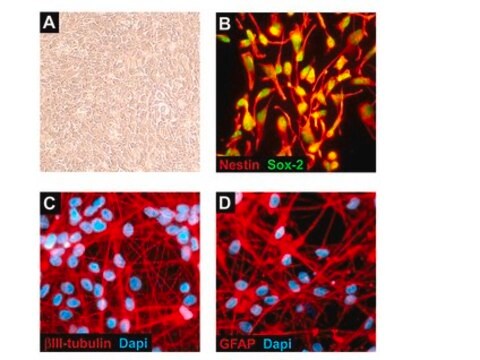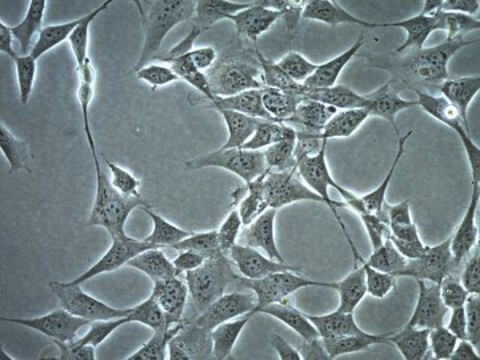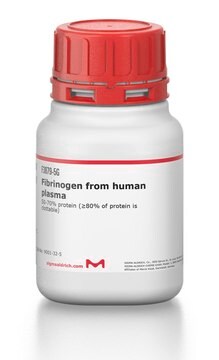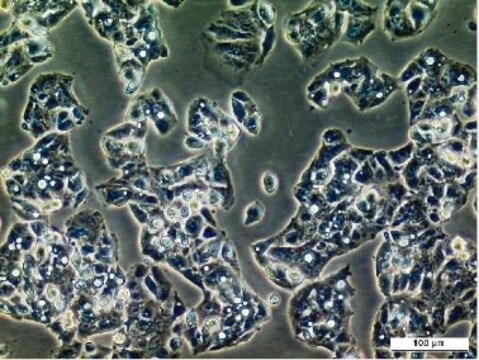PC-12 Cell Line from rat
88022401, rat adrenal gland (phaeochromocytoma), Not specified
Sinonimo/i:
PC12 Cells
About This Item
Prodotti consigliati
product name
PC-12 Cell Line from rat, from rat adrenal gland(phaeochromocytoma), 88022401
Origine biologica
rat adrenal gland (phaeochromocytoma)
Modalità di accrescimento
Suspension
Cariotipo
Not specified
Morfologia
Not specified
Prodotti
Catecholamine, dopamine and NPP
Recettori
Not specified
tecniche
cell culture | mammalian: suitable
Malattie correlate
cancer
Condizioni di spedizione
dry ice
Temperatura di conservazione
−196°C
Origine della linea cellulare
Descrizione della linea cellulare
Applicazioni
Terreno di coltura
Mantenimento delle subcolture
Altre note
Certificati d'analisi (COA)
Cerca il Certificati d'analisi (COA) digitando il numero di lotto/batch corrispondente. I numeri di lotto o di batch sono stampati sull'etichetta dei prodotti dopo la parola ‘Lotto’ o ‘Batch’.
Possiedi già questo prodotto?
I documenti relativi ai prodotti acquistati recentemente sono disponibili nell’Archivio dei documenti.
Il team dei nostri ricercatori vanta grande esperienza in tutte le aree della ricerca quali Life Science, scienza dei materiali, sintesi chimica, cromatografia, discipline analitiche, ecc..
Contatta l'Assistenza Tecnica.






